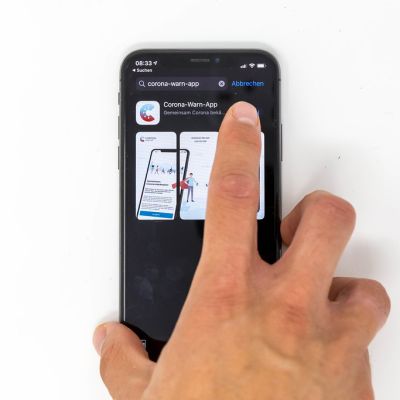In the wake of 9-11, after the twin towers fell in New York city, there was a strong sense that Americans – and North Americans – were under threat. The prevailing feeling was that drastic times called for drastic measures.
In the United States, significant legislation, the Patriot Act, was quickly enacted. It gave the U.S. government sweeping powers, and permitted it to conduct widespread surveillance, without search warrants.
Two decades later, the Patriot Act, and the surveillance state, remain very much alive.
Even now, courts and regulators struggle to grapple with the profound implications of widespread surveillance.
Concerns are mounting that a “second wave” of covid-19 is now upon us.
The July, 2020 issue of The Advocate, a magazine published by the Vancouver Bar Association, included an article entitled “Use Immunity for Disease Surveillance: Toward a Cure for the Orwellian Pandemic.” In it, lawyer Joven Narwal questions the permeability of coronavirus surveillance data by organizations such as law enforcement.
Mr. Joven observes that in the wake of coronavirus, consolidations of power have occurred in China and Eastern Europe.
The Chinese government installed surveillance cameras both inside and outside private residences.
In March, 2020, Hungary’s national assembly voted to give Prime Minister Viktor Orban extraordinary powers. They were intended to enable him to respond to coronavirus quickly and effectively.
Recently, members of Hungary’s parliament unanimously asked the government to lift the state of emergency. They wanted to revoke Mr Orban’s extraordinary powers.
However, according to the New York Times, some in Hungary contend that the legislation instead created a legal basis for using newer and unlimited government powers.
In response to covid-19, one measure being advocated within Canada and elsewhere are smart phone “contact tracing” apps.
These apps notify people that they have been in close proximity with someone who has been confirmed or is likely to be a carrier of COVID-19.
The technology developed by Apple and Google embeds the tool into the core operating systems of handheld devices.
It is thought that these apps will help prevent further spread of the virus.
Analogous technology has been used in other settings. Mr. Narwal discusses that, after demonstrations erupted following the George Floyd killing, the Minneapolis Public Safety Commissioner stated that police were locating protesters using contact tracing technology.
In Canada, Alberta was the first province to release a contact tracing app, ABTraceTogether. It allows people to be informed if they were in physical proximity with another user of the app who becomes infected with COVID-19.
The privacy statement associated with the app refers to retention of “anonymized” data and data analytics. The assertion that the data is truly anonymized has not yet been tested in court.
In July, the federal government introduced its contact tracing app, COVID Alert.
With COVID Alert, a person who tests positive can enter a code, following which the app sends exposure alerts to phones that were within two metres of that person’s phone for at least 15 minutes in the previous two weeks.
COVIDAlert’s “privacy notice” reads more like a privacy document authored South of the border than one typically seen in Western Canada.
For example, it does not clearly state how the data is safeguarded.
Remarkably, it states that “IP addresses are stored in system logs” and that “If there’s an investigation, we may need to share the relevant system logs, including IP addresses, with law enforcement, as required by law.”
It would not be surprising if privacy concerns are a factor in British Columbia’s and Alberta’s reluctance to promote the federal COVIDAlert app.
After all, Alberta and British Columbia have provincial private sector privacy legislation. Most other provinces do not.
The New York Times reports that some contact tracing apps use the technology developed by Apple and Google, while others do not.
According to the New York Times, there is little evidence that contact tracing apps work.
Once the information gathered by the app is assembled into a database, to what extent – if at all – will it be protected from being accessed by others in the future, or for other purposes, unrelated to public health?
We must be mindful that “temporary” solutions to coronavirus do not produce potentially permanent infringements on our rights and freedoms.
This is a modified version of a November 22, 2020 article appearing in online publications including the Kelowna Capital News. The content of this article is intended to provide very general thoughts and general information, not to provide legal advice. Advice from an experienced legal professional should be sought about your specific circumstances. We may be reached through our website at inspirelaw.ca.
